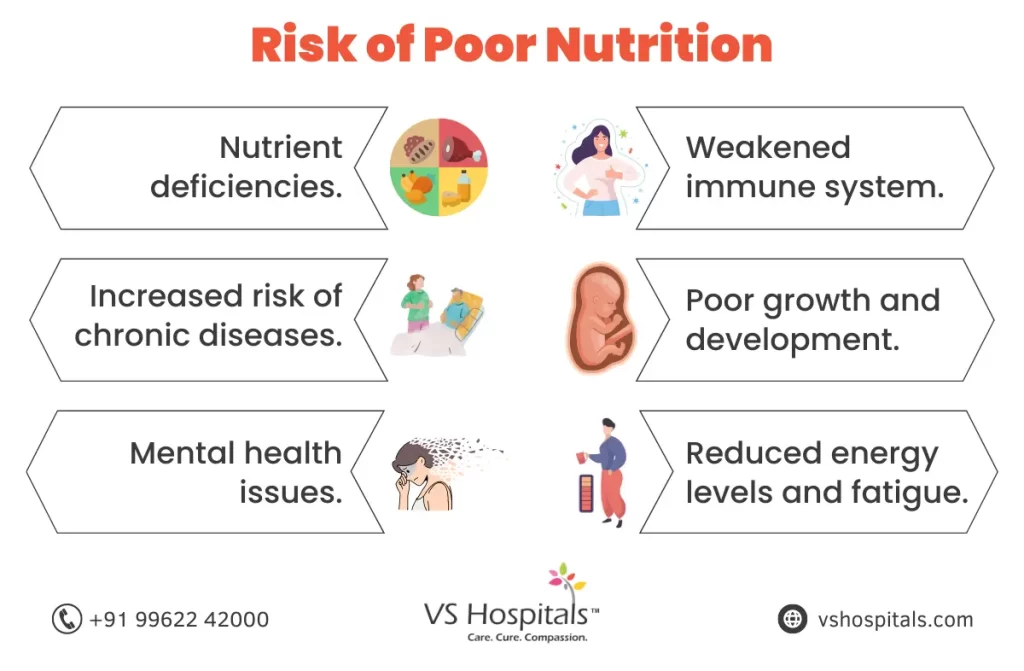The idea of simplifying your diet to its bare essentials, like can you live on bread and water, might seem appealing for weight loss or a minimalist lifestyle. However, this restrictive approach can have serious consequences for your health. While bread provides carbohydrates for energy and water is crucial for hydration, relying solely on these two components severely limits the essential nutrients your body needs to function properly.
This article will delve into the complexities of the can you live on bread and water diet, exploring its potential nutritional deficiencies, associated risks, and the importance of a balanced dietary approach. We’ll also emphasize the crucial role healthcare professionals play in guiding you towards safe and sustainable dietary choices.
Bread and Water Diet Explained
The bread and water diet, as the name suggests, involves consuming only bread and water for a specific period. Proponents often claim it aids weight loss due to its calorie restriction. However, this rapid weight loss is primarily due to water loss and muscle depletion rather than fat burning.
Bread, typically white or whole wheat, provides carbohydrates, which are your body’s primary energy source. Water, essential for hydration, facilitates numerous bodily functions, including digestion, nutrient absorption, and temperature regulation.
However, this diet severely lacks other vital nutrients like protein, healthy fats, vitamins (A, C, D, E, K), and minerals (calcium, iron, zinc). These deficiencies can lead to a cascade of health problems over time.
Nutritional Deficiencies
The bread and water diet is inherently deficient in essential nutrients, leading to various health issues.
- Protein Deficiency: Protein is crucial for building and repairing tissues, producing enzymes and hormones, and supporting immune function. A lack of protein can lead to muscle wasting, weakness, impaired wound healing, and a weakened immune system.
Vitamin Deficiencies: The absence of fruits, vegetables, and dairy products in this diet results in deficiencies in essential vitamins like vitamin C (for collagen production and immunity), vitamin D (for bone health and calcium absorption), and B vitamins (for energy metabolism and nerve function).
Mineral Deficiencies: Minerals like iron are vital for red blood cell production and oxygen transport. Calcium is essential for strong bones and teeth. Zinc plays a role in immune function, wound healing, and cell growth. A lack of these minerals can lead to anemia, osteoporosis, impaired immunity, and other health problems.
Risks of the Bread and Water Diet
The bread and water diet poses several significant risks to your health:
- Malnutrition: The severe nutrient deficiencies associated with this diet can lead to malnutrition, a condition characterized by inadequate intake of essential nutrients. This can have widespread consequences for your physical and mental well-being.
Electrolyte Imbalance: Restricting food intake can disrupt the balance of electrolytes like sodium, potassium, and magnesium in your body. This imbalance can lead to muscle cramps, weakness, irregular heartbeat, and even seizures.
Gastrointestinal Issues: The lack of fiber in this diet can cause constipation and digestive discomfort.
- Metabolic Slowdown: Severe calorie restriction can trigger a metabolic slowdown, making it harder to lose weight in the long run and increasing the risk of regaining lost weight.
Importance of a Balanced Diet
A balanced diet is crucial for maintaining optimal health and well-being. It provides your body with all the essential nutrients it needs to function properly, grow, repair tissues, and fight off disease.
A balanced diet typically includes:
- Fruits and Vegetables: Rich in vitamins, minerals, antioxidants, and fiber.
- Whole Grains: Provide carbohydrates, fiber, and B vitamins.
- Lean Protein Sources: Essential for building and repairing tissues, producing enzymes and hormones.
- Healthy Fats: Important for hormone production, cell function, and nutrient absorption.
Consult a Healthcare Professional
Before making any significant dietary changes, it’s crucial to consult with a healthcare professional. They can assess your individual needs, provide personalized guidance, and help you create a safe and effective eating plan that supports your overall health goals.
Conclusion
The bread and water diet may seem like a quick fix for weight loss, but its severe nutritional deficiencies and associated risks far outweigh any potential benefits. A balanced diet that includes a variety of nutrient-rich foods is essential for maintaining optimal health and well-being. Always consult with a healthcare professional before making drastic dietary changes to ensure your safety and long-term health.



